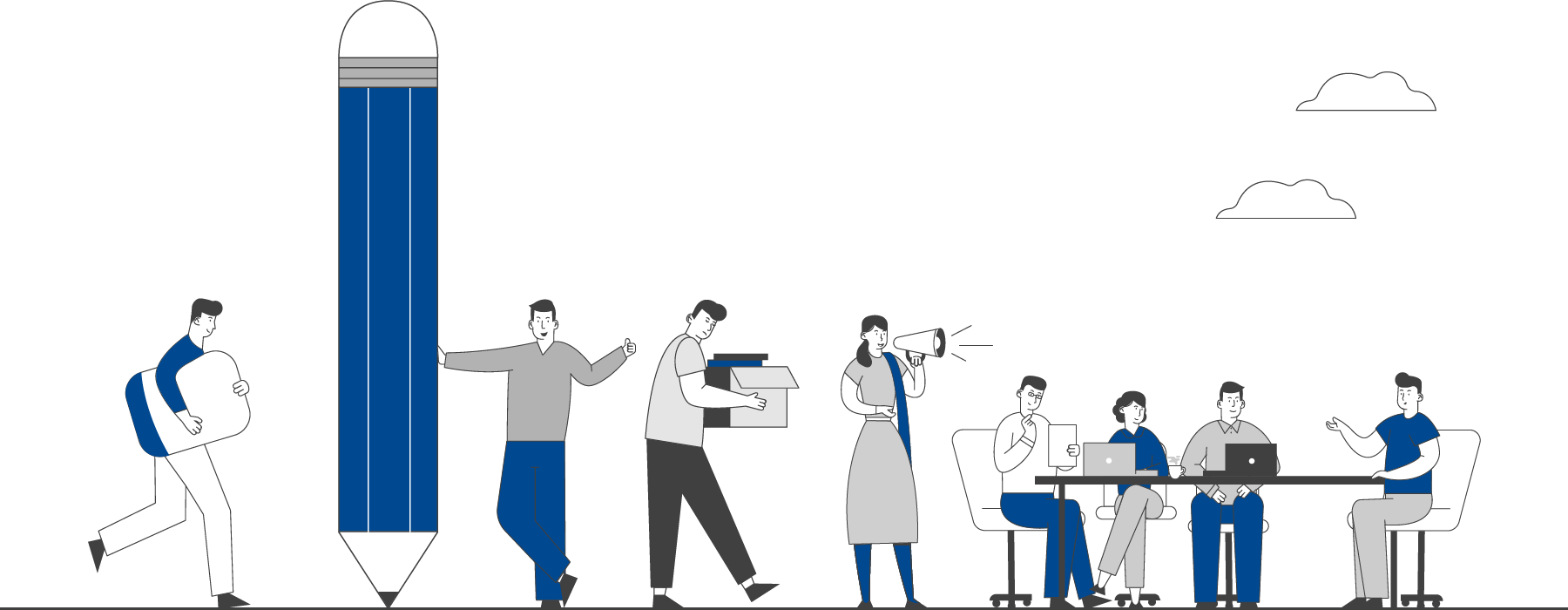

This section hosts guidelines, manuals and toolkits to strengthen public health practice.
Resources
FILTER
BY CATEGORY
View All
Pathways to addressing mental health and long COVID impact
22 Dec 2021by Guriya et al Over 60 MIN READ
In India, with the COVID-19 lockdowns, the country witnessed loss of jobs, disruption of education and health services, social isolation and separation from peers, grief, fear of contracting the infection, and widespread misinformation. These factors were responsible for adding to the emotional distress. According to a research article, ‘COVID-19 and psychological distress: Lessons for India’, published in various online journals, the younger population was found to be more prone to distress compared to the other age groups and females experienced higher distress than their male counterparts. Mental health is becoming the center of attention; however, working towards addressing the challenge is only possible when we also understand and address other factors affecting it, like gender, financial ability, and digital means of technology and systems to provide universal access to mental health care.
This whitepaper series, developed in collaboration with national and international experts from different fields, attempts to highlight the impact of the pandemic on various aspects of life, primarily the ensuing mental health crisis, and initiate a discussion on the way forward to address this. Further, it attempts to highlight the centrality of mental health in human life, and the urgent need to view mental health holistically, addressing not only the symptoms but also the underlying factors in a comprehensive and sustainable manner across the country.
The document is a compilation of seven papers with various lenses that provide a rich learning:
‘Understanding of Post-COVID Impact’, this piece focuses on understanding the condition of long COVID, a challenge that remains novel to the COVID-19 disease, and its physical and mental effects.
In the piece ‘Transforming Mental Health in India’, the author details the challenges to mental healthcare in India at a structural level from the demand and supply side, and the need to change how mental health is viewed and to develop a holistic approach to addressing the issue.
The paper ‘COVID-19 and the economy: Implications for women and children’ discusses how the pandemic and lockdowns affected the Indian economy, workers, especially the informal sector and women workers. It also focuses on the possibility of an increase in child labour which has become evident with the inability to access education, especially for children from vulnerable populations.
In ‘COVID through a gender lens’ the author writes about the rising domestic and intimate partner violence and additional care responsibilities.
‘The long-term impact of COVID-19 on women’s health: A gendered perspective’ is written from the perspective of the civil society experience, how young girls have been affected due to the lack of access to education, WASH and other facilities due to COVID 19.
‘Harnessing the Power of Digitalization to Empower Women in India Post COVID-19’ talks about bridging the gap in access to ensure empowerment of women and girls.
‘Protecting our future: Addressing the mental health impacts of COVID-19 pandemic on young people in India’ raises concerns over the impact of the pandemic on the mental health of adolescents. The authors suggest the need for philanthropic organizations to fund innovation in mental health, to address the challenge effectively, and focus on locally developed solutions.
Read the full document here.
Download the document here.


 EXPLORE DATA
EXPLORE DATA 



























